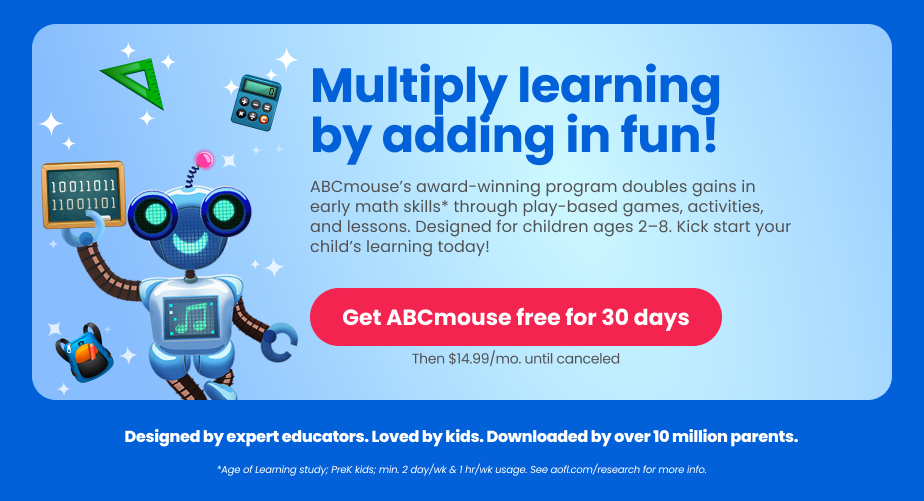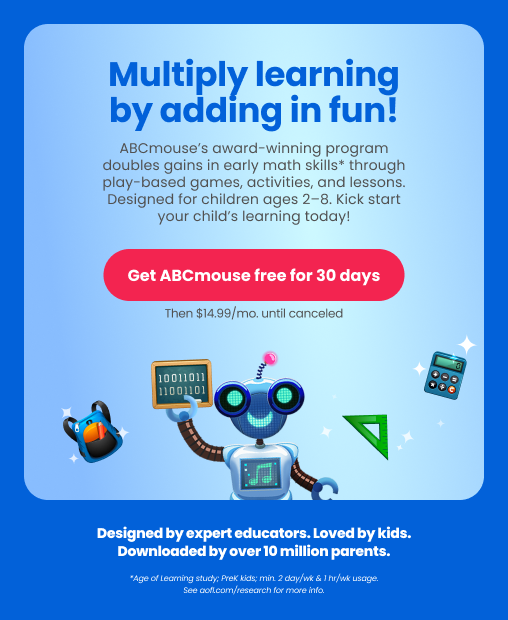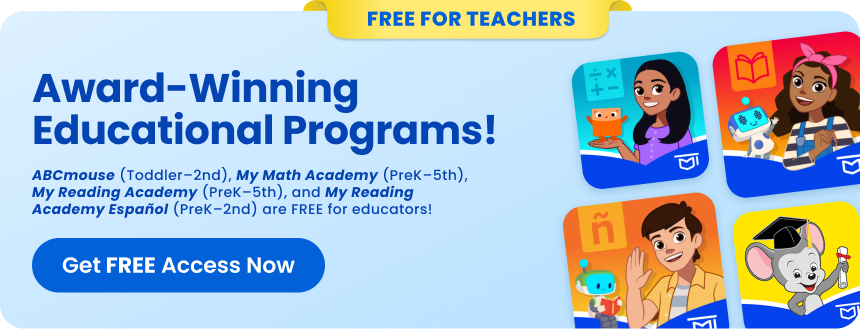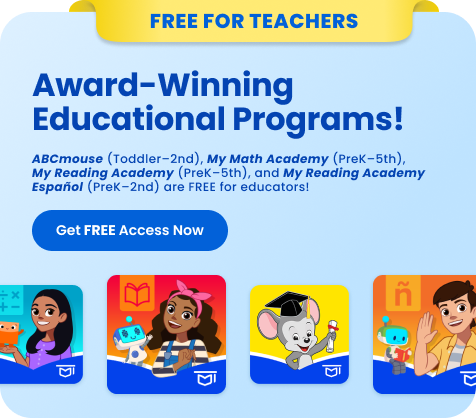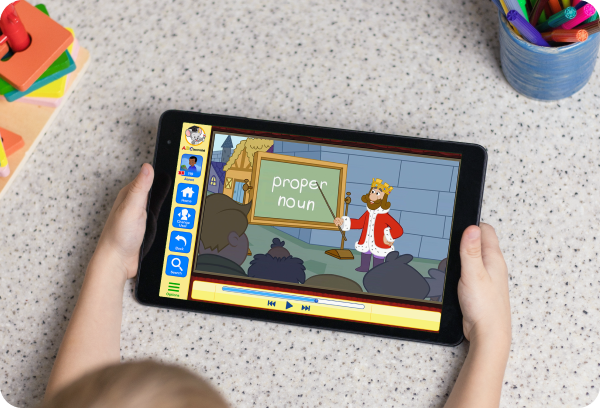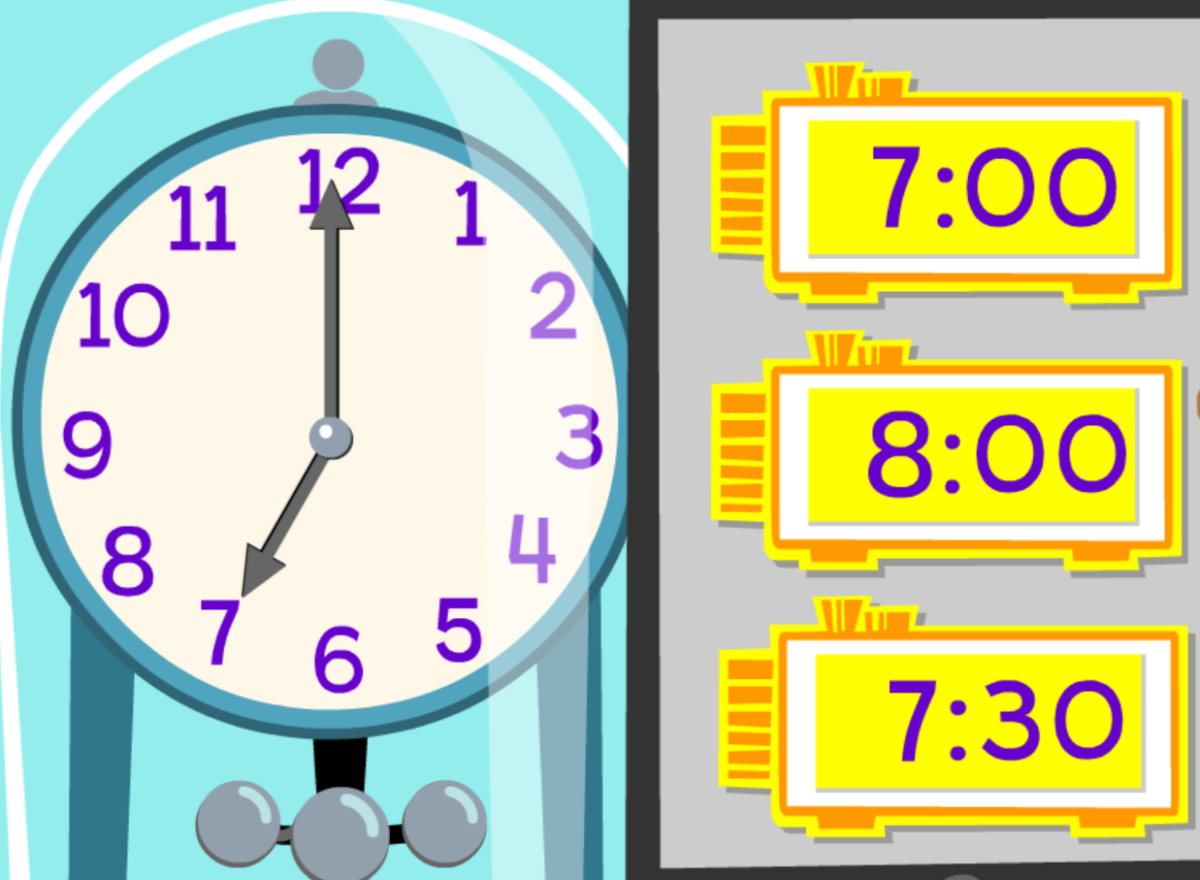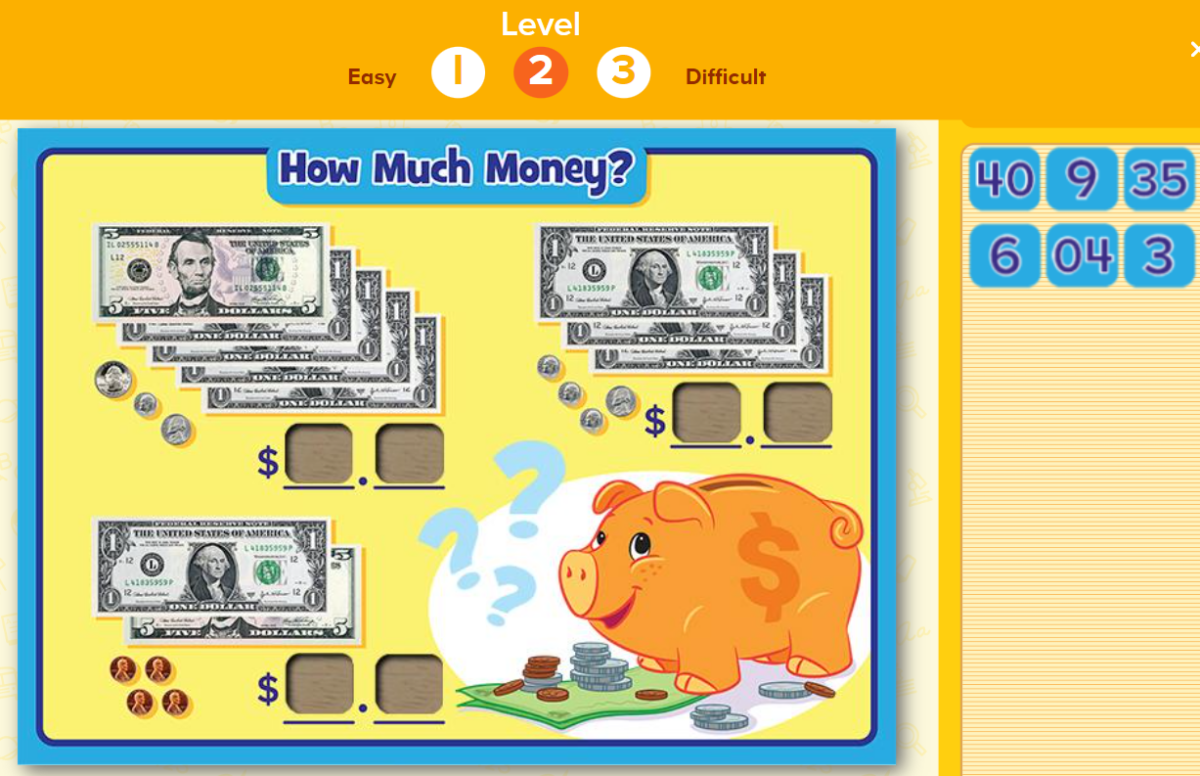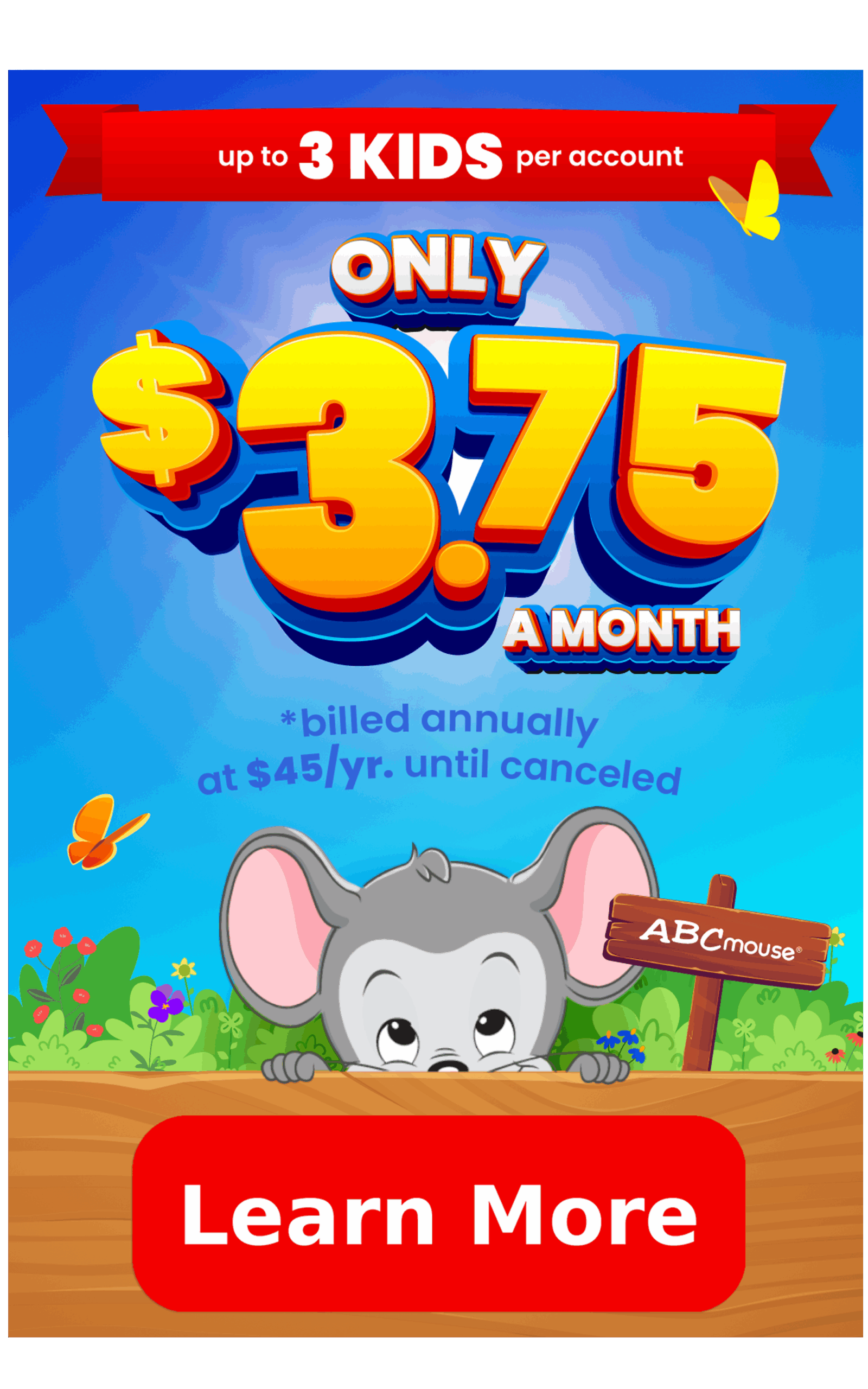
Important Math Concepts for Second Graders
Picture your second grader standing on the cusp of a journey where numbers, shapes, and patterns become more than just concepts—they become keys to understanding the world.
They’re moving beyond the basics of addition and subtraction, venturing into the realms of place value, measurement, and the beginnings of multiplication.
As a parent, you are able to be their compass, guiding them through this journey, ensuring they see math not just as a school subject but as a fascinating language that describes the world around them.
5 Key Math Concepts for Second Graders
Second grade is a significant year for math learning as children start to work with larger numbers and explore new concepts. Here are some key areas to focus on:
Place Value Up to 1000
Second graders should understand place value up to 1000. They should be able to recognize that a three-digit number consists of hundreds, tens, and ones.
For example, in the number 345, there are 3 hundreds, 4 tens, and 5 ones. This understanding is crucial as it forms the basis for addition and subtraction with larger numbers.
Addition and Subtraction Within 100
Building on their first-grade skills, second graders should be able to perform addition and subtraction within 100. They should also start learning strategies for addition and subtraction, such as using number lines, making ten, or expanded form.
For instance, let’s take the number 345. In expanded form, this number would be written as the sum of its place values: 300 + 40 + 5. When you add them up, you get the original number, 345
Introduction to Multiplication
While they won’t be formally multiplying large numbers, second graders can start understanding the concept of multiplication as repeated addition.
For example, they should understand that 4 times 3 means adding 3 four times (3 + 3 + 3 + 3), which equals 12.
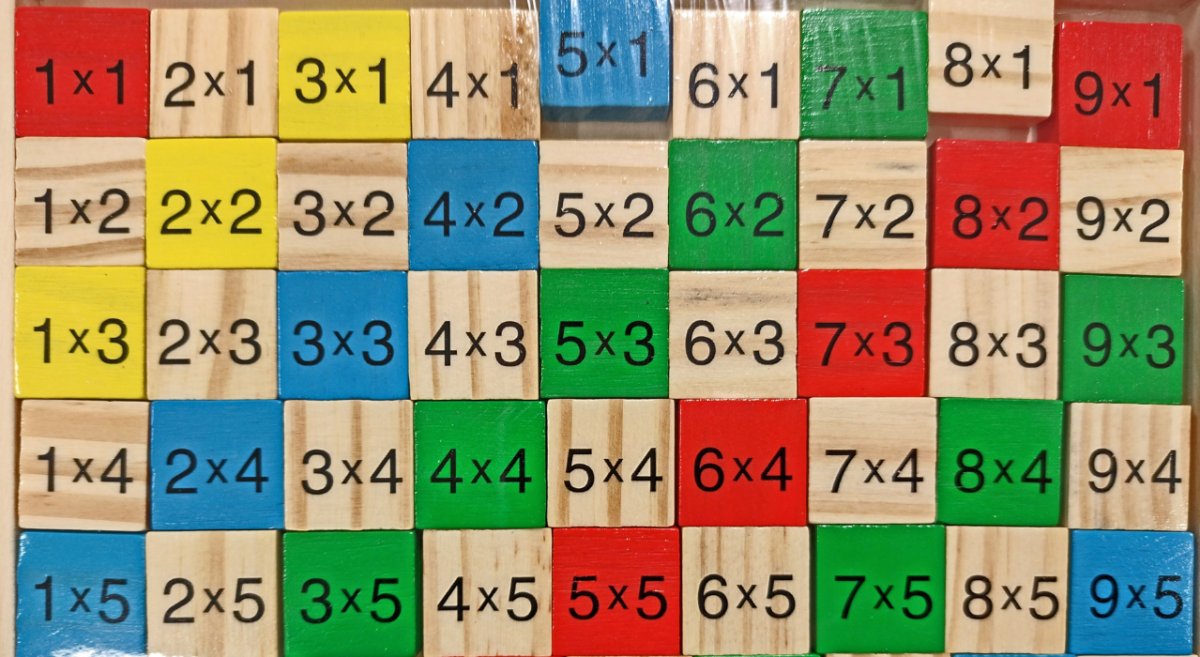
Understanding of Fractions
At this age, children should start understanding fractions as parts of a whole. They should be able to recognize and name simple fractions like 1/2, 1/3, and 1/4.
For instance, if a pizza is divided into 4 equal parts, each part is 1/4 of the pizza. If you have 2 parts, you have 2/4 or 1/2 of the pizza.
Measurement and Data
Second graders should start learning to measure length in standard units like inches and centimeters. They should understand that the length of an object is the number of length units that span it with no gaps or overlaps. They should also be able to create simple bar graphs and line plots to represent a data set with up to four categories.
For example, they might create a bar graph showing the number of different types of pets in their class.
5 Fun Second-Grade Activities to Learn Math Concepts
Learning should be an adventure, and these activities are designed to make your child’s math journey exciting:
Crazy Race: Odd and Even Numbers:
This ABCmouse activity is a fun way to introduce your child to the concept of odd and even numbers.
As they participate in a crazy race, they’ll learn to differentiate between odd and even numbers.
This game can help them understand that even numbers can be divided into two equal groups with no remainder, while odd numbers leave a remainder of one.
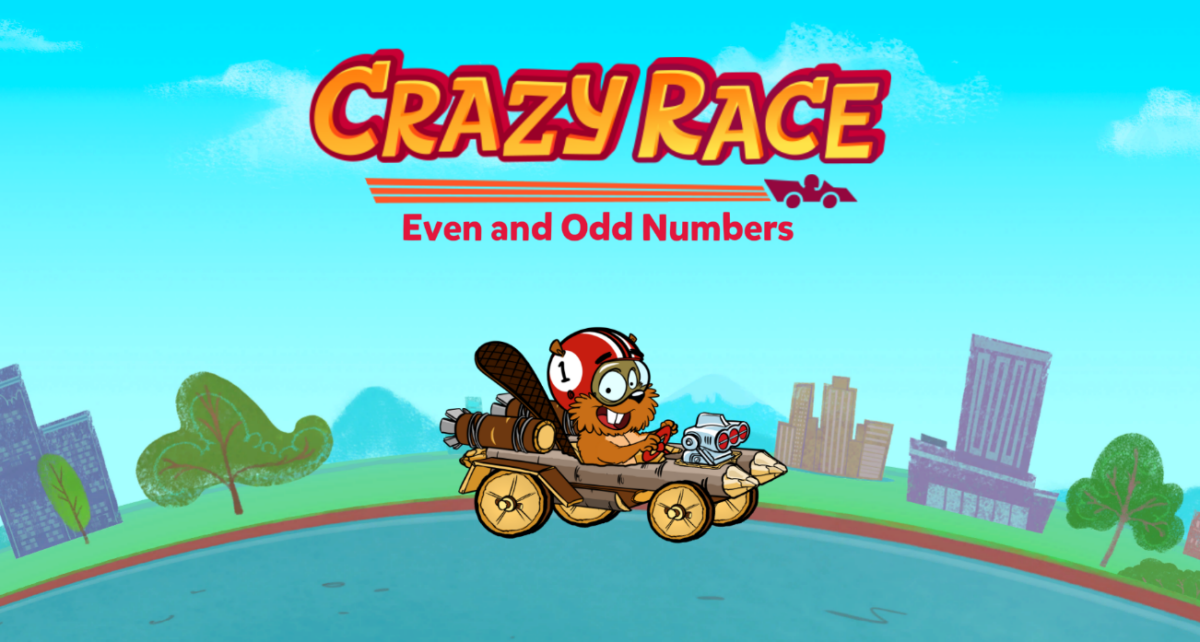
Addition and Subtraction Games with Objects:
Use objects like toy cars or building blocks to create simple addition and subtraction problems within 100.
For example, if you have fifty blocks and add twenty more, how many do you have now? This hands-on activity helps children visualize the process of addition and subtraction, making it more concrete and understandable.
Introduction to Multiplication with Arrays
Use objects like buttons or coins to create arrays and introduce the concept of multiplication.
For example, four rows of five buttons each represent 4 times 5. This visual representation helps children understand multiplication as repeated addition and prepares them for more formal multiplication in later grades.
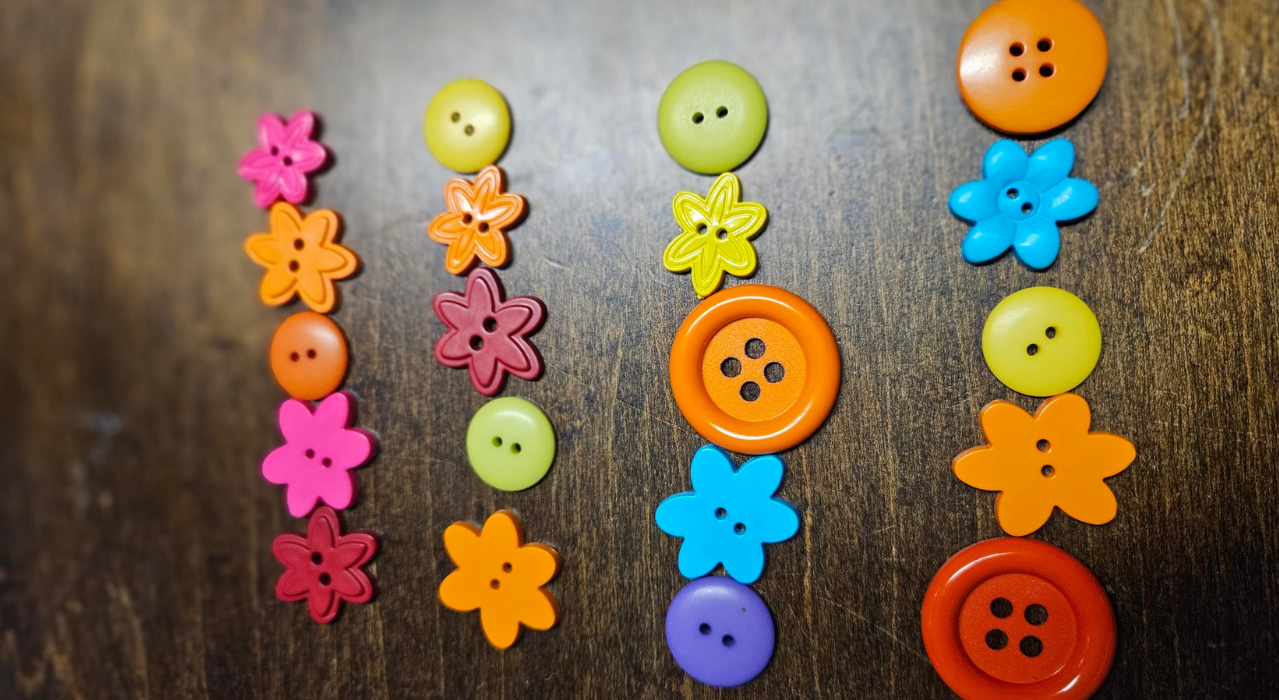
Fraction Activities with Objects
Use objects like pizza or fruit to introduce the concept of fractions. For example, if you cut a pizza into eight equal slices, each slice is one-eighth of the whole pizza.
This activity helps children see fractions as parts of a whole and understand that the denominator represents the total number of equal parts.
Measurement Activities
Use a ruler or a measuring tape to measure objects around the house. This will help your child understand the concept of length and the use of standard units of measurement.
They can measure the length of their bed, the width of a book, or the height of a table and compare these measurements. This activity teaches them about measurement and reinforces the concepts of comparison and ordering.
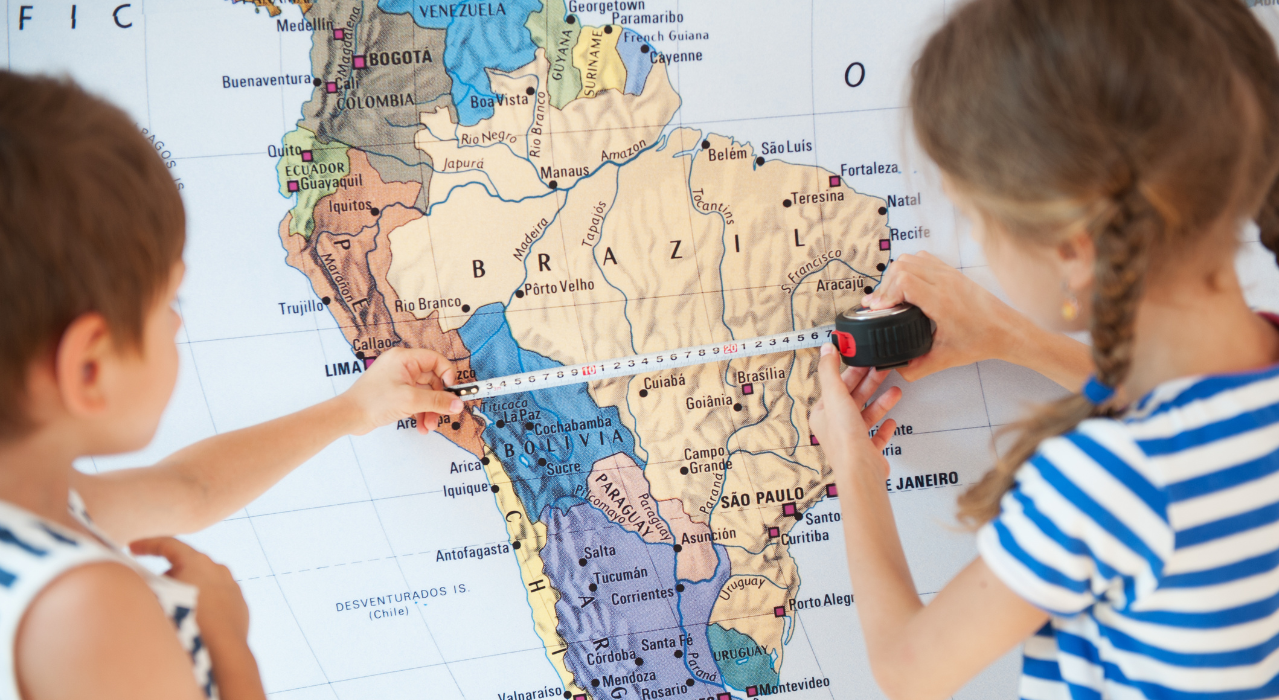
6. Additional Hands-On Math Activities for Your 2nd Grader:
Engage your second grader in math with fun hand on math activities like Race to 15, Knock Down Blocks for subtraction, Skip Counting Hopscotch, nature item graphing, Place Value Bean Bag Toss, and Measurement Hunts.
The Role of Everyday Experiences in Learning Math
Everyday experiences provide rich opportunities for learning math. Whether it’s counting the number of plates while setting the table, identifying shapes in a playground, or understanding the sequence of their daily routine, these experiences allow children to see the relevance of math in their lives.
For instance:
- During a family game night, board games that involve counting or strategy can help reinforce addition, subtraction, and even the basics of multiplication.
- A simple activity like baking cookies can introduce concepts of measurement and fractions as they measure ingredients.
- Even a nature walk can turn into a math lesson as your child collects and sorts rocks or leaves by size, shape, or type, reinforcing concepts of categorization and comparison.
These real-world experiences make learning more fun and engaging and help your child understand how math is applied in everyday life.
It shows them that math isn’t just a subject in school but a tool that helps us navigate the world around us.
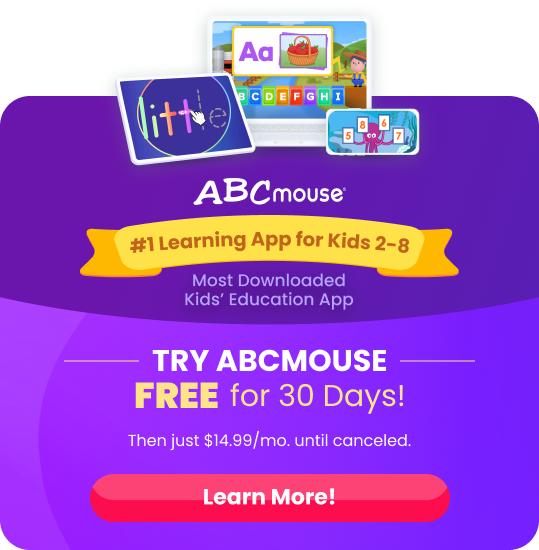
ABCmouse’s expert advice review process:
Our team of ABCmouse Curriculum Experts, made up of talented professionals in early childhood education and development, take a close look at educational content and learning claims. They put in the effort to make sure our information is accurate and current. We have a certified educator or another respected authority review the content, matching their expertise with the topic at hand. They’ll make sure the content is thorough and follows the latest research and educational guidelines. If they think we can make things even better, they’ll chat with our editorial team, and we’ll make those improvements right away. Only after a reviewer gives their thumbs-up does a piece of content get the official stamp of approval in the byline.


